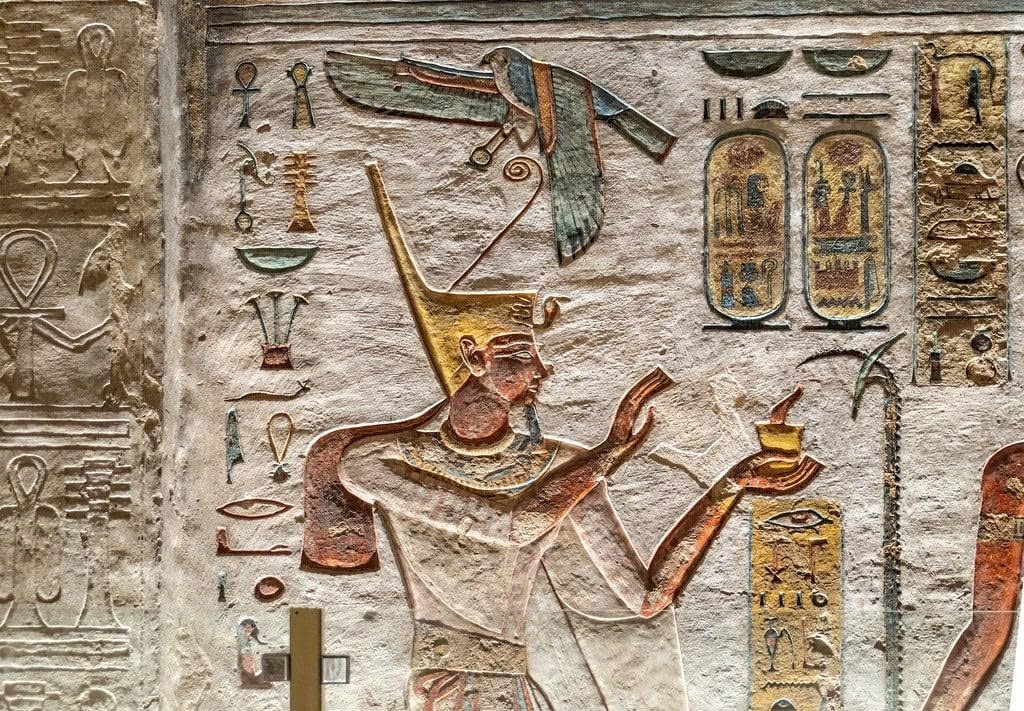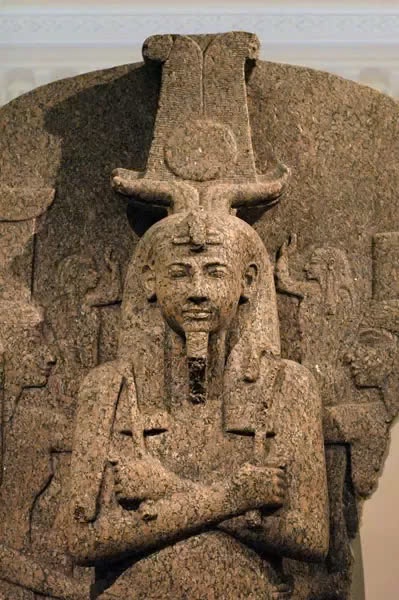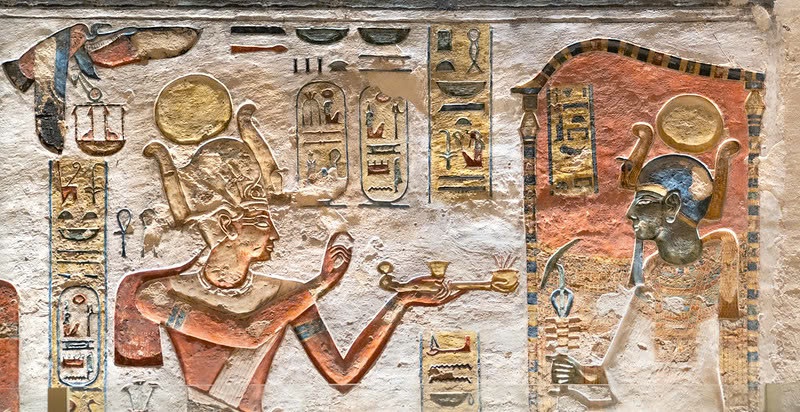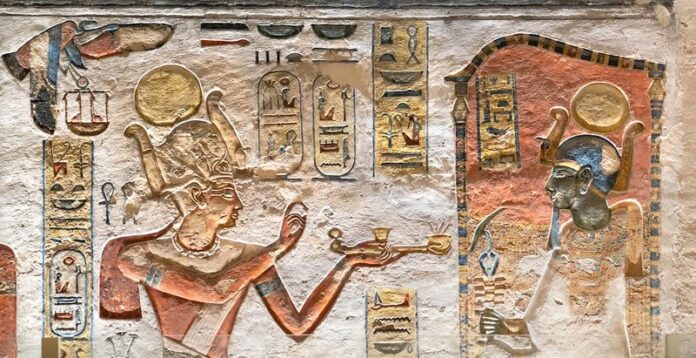Egypt Plans Groundbreaking Excavation in Saudi Arabia
Tracing Ramses III’s Presence on the Arabian Peninsula

In a thrilling development for Egyptology and Middle Eastern archaeology, an Egyptian team is preparing to embark on a historic excavation in Saudi Arabia. This expedition aims to uncover evidence of King Ramses III’s presence in the region, potentially reshaping our understanding of ancient trade routes and cultural exchanges.
A Royal Signature in the Desert
The catalyst for this ambitious project was the discovery of a hieroglyphic inscription bearing Ramses III’s cartouche on a rock in Tayma, northern Saudi Arabia, in 2010. This finding suggested a direct trade route between Egypt and Arabia during the pharaoh’s reign (1192-1160 BC).

Unveiling Ancient Trade Networks
From the Nile to Arabia
Zahi Hawass, former Egyptian Minister of State for Antiquities, revealed that ancient papyri mention Ramses III sending missions to extract copper from a neighboring land, likely Saudi Arabia. The upcoming excavation seeks to validate this connection and uncover more details about the trade relationships between these ancient civilizations.
Treasures of Tayma
Tayma, an archaeological hotspot in Saudi Arabia, was renowned for its valuable commodities like incense, copper, gold, and silver. The Egyptian team hopes to find evidence of how these goods were transported along the ancient trade routes.
A Collaborative Effort
Egypt’s First Dig in Saudi Arabia

This excavation marks the first time an Egyptian mission will search for Pharaonic antiquities in Saudi Arabia. The team plans to explore two sites: one near the coast and another close to where Ramses III’s cartouche was found in the Tayma region.
Expectations and Timeline
While the team remains open-minded about potential discoveries, they are particularly interested in finding more evidence of the 3,000-year-old commercial relationship between Egypt and Saudi Arabia. The mission is scheduled to last three months before any findings are announced.

As this groundbreaking expedition unfolds, it promises to shed new light on the intricate web of ancient trade routes and cultural connections that linked the Nile Valley to the Arabian Peninsula millennia ago.

